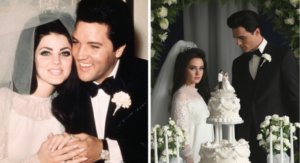By Birk Buchen
Alfonso Cuaron, famed filmmaker hailing from Mexico City, tells the painful and poetic story of a young native Mexican woman, Cleo, in the 1970s who works for a crumbling white family. Cuaron’s simple, yet elegant film technique for the duration of his movie successfully captures expressive realism in a black and white setting.
@alfonsocuaron –“In the history of CINEMA, masterpieces have existed without sound, without color, without a story, without actors and without music. No one single film has ever existed without CINEMAtography and without editing.”
Cuaron has the ability of telling a large-scale story that is filled with sensitivity and merging narrative stories. As we follow Cleo’s struggle to recognize her own sense of family and identity, we are equally transfixed by the mother’s (Sofía) parallel tale of trying to keep her family together.
The director’s slow panoramic shots aim to capture some verisimilitude while his writing depicts a variety of ordinary sounding conversations. His large exposition explodes into a finale of intimacy, savagery, and monumentality.
The majority of the picture takes place within the quaint town house that belongs to the white family or their glorious vacation home. However, all of this contrasts with the bustling, rough parts of the city and rural area.
‘Roma’ speaks from the perspective of powerful memories that recognize feminism, love, and childhood. Having won three Golden Globe awards and nominated for ten Oscars including Best Picture, I would recommend this film to any patient observer that is in for intense dramatic sequencing.










Be First to Comment